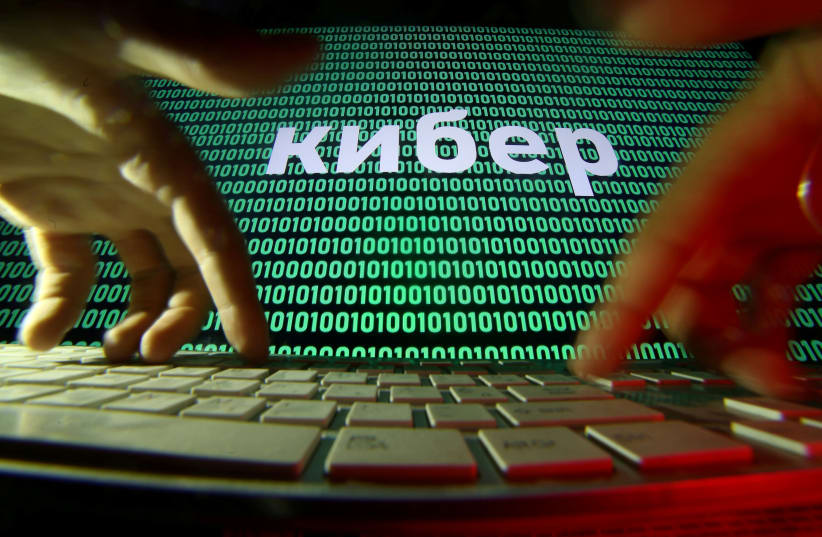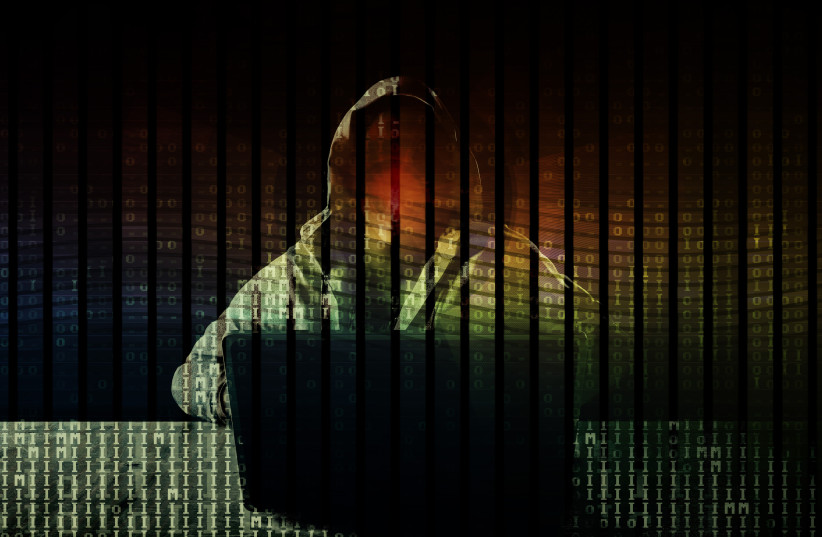Russia has a mixed technological, legal and physically enforced internet firewall against unwanted messaging and criticism regarding its invasion of Ukraine.
But this firewall is not nearly as impermeable as the “Great Firewall” of China.
This means that as the war draws on, more criticism, unflattering pictures and themes are reaching the Russian general public.
And these images and messages are not low stakes.
Russian President Vladimir Putin has had to arrest thousands in his own country of anti-war protesters.
There is a large, if trampled, opposition movement, and many, even in the top echelons of Putin’s own regime, are not sure a full-fledged invasion of Ukraine is not repeating some of the mistakes the USSR made in Afghanistan in the 1980s.
If enough wrong messaging gets through it could seriously impact Putin’s war effort and even undermine his hold on power.
How could the Kremlin be allowing this to happen? It invested years and billions in silencing, arresting and sometimes even allegedly killing off critics as well as electronically blocking “objectionable” content which undermines their desired narrative.
One answer is simply technology.
The Chinese technology for blocking, searching and censoring online content is way more advanced than Russia’s technology in this area.
In fact, for several years now Moscow has been trying to learn from Beijing’s technology and methods.
The OpenNet Initiative performed an empirical study that concluded that China has “the most sophisticated content-filtering Internet regime in the world”.
Beijing blocks IP addresses of specific domains, scans packets of data for key controversial words, checks credit records and includes speech and facial recognition technology.
Some polls say that 85% of Russians use YouTube, the most popular App in the country.
YouTube-Google, Facebook and Yahoo are all completely blocked off in China.
Not only is Russia less advanced in these specific technological arenas, but Putin also has less technology leverage in market size and power worldwide and less impact on the global supply chain than Chinese President Xi Jinping.
In fact, China’s economy dwarfs Russia’s in size in many areas.
When you combine Jinping’s massive advantage at a macro-economic level, the micro-economic advantage in the technology arena and specific technological advantages – the cases are incomparable.
There are also huge cultural differences.
Russia initially had a much more advanced internet so everything is developed from the start was based on the Western open-internet model.
There are also hundreds of Russian telecommunications companies operating in a decentralized manner and spread over a much larger landmass than China must contend with.
China started slow, but that meant that when it went into overdrive to leap forward technologically, it could build much of its internet infrastructure from scratch based on a closed made-in-China model.
Moreover, if both Russia and China are authoritarian societies, there is much more freedom of thought and cultural individual self-expression in Russia as long as you toe the political line.
In China, the government intervenes in everything from how many hours of video games children can play to more direct intervention in individual business affairs.
All of this was easy to see by the different ways the countries addressed the coronavirus wave.
Moscow pushed far less on vaccinations, masks and social distancing whereas Beijing multiple times locked down tens of millions of people in extreme ways beyond any of the lockdowns seen in almost any other country.
Putin would rather continue to interact with the West and maintain Western investment and extensive cultural exchanges while trying to co-opt companies operating in Russia to certain boundary rules.
Jinping is fine with cutting China off in a larger way from the West, even if that means losing certain benefits of Western foreign investment and culture.
Also, if the opposition is weak in Russia, it is almost nonexistent in China. This could also be leftover from the decade or so of semi-democracy experienced in Russia in the 1990s and early 2000s.
Moscow has moved and is moving, closer to the China Great Firewall model.
At various points in recent years, when protests from the opposition hit a certain level, Moscow cut off aspects of the internet.
But it did not do so in time for the Ukraine War and that could turn out to have a decisive impact on perceptions and morale among the greater Russian population.


